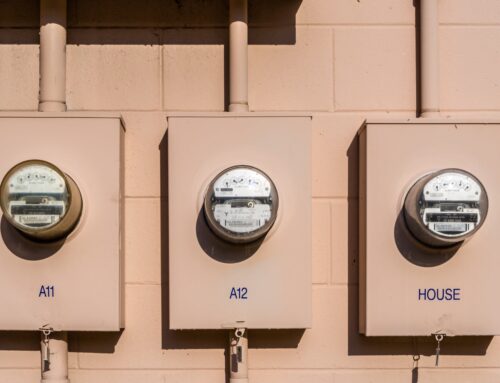It’s common knowledge that owning a home is cheaper than renting (at least in the long term), but anyone who has ever sat down to try and figure out the numbers knows that finding out how much you’ll save is harder than it looks. There are so many factors to consider.
To try and help you come as close to the real number as possible, we’ve outlined three ways your rent-vs-buy math might be wrong — and how to straighten things out to give you the best picture possible. Keep these details in mind as you weigh your decision and you’ll have a much clearer vision of which path is right for you.
You’re only looking at the mortgage payment
Anyone who’s ever looked at a mortgage calculator knows that seeing that number can be shocking – in a good way. For the most part, the number you’ll see there ends up being far less than monthly rent. Unfortunately, though, it only tells part of the story. It only accounts for your mortgage payment.
In addition to a loan payment, homeowners need to account for supplemental costs like their homeowners insurance and property taxes. Be sure to include those costs into your estimates. To estimate property taxes, you can take the property tax percentage in the area where you’ll be living and multiply it by the value of a potential property you’d buy. For homeowner’s insurance, the Federal Reserve Bureau estimates that premiums typically fall between $300 – $1,000, annually.
You need to account for closing costs
The term “closing costs” simply refers the fees that are incurred during the buying process. They’re unique to each sale, but could include things such as the costs of inspections and appraisals, the cost of running a title search, or an association fee. These costs are paid at settlement and typically add up to a few thousand dollars, so they should absolutely be accounted for in your home-buying budget. For instance, if you expect to stay in your future home for around 5 years (before you outgrow it or take off to a new city), add in one-fifth of the closing costs to your annual expenses when considering whether renting or buying ends up cheaper.
Luckily, there are a few ways to cut down on these costs. While some fees are fixed according to the home sale regulations in your area, others are negotiable. Try your best to buy when mortgage interest rates are low and to go research professionals (like your inspectors and loan rep) who have low fees. During sale negotiations, you may also be able to ask the seller to cover a portion of the costs in exchange for a higher sale price.






Leave A Comment
You must be logged in to post a comment.